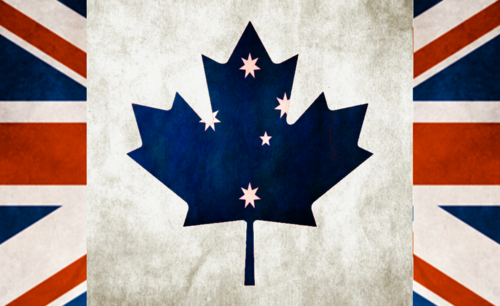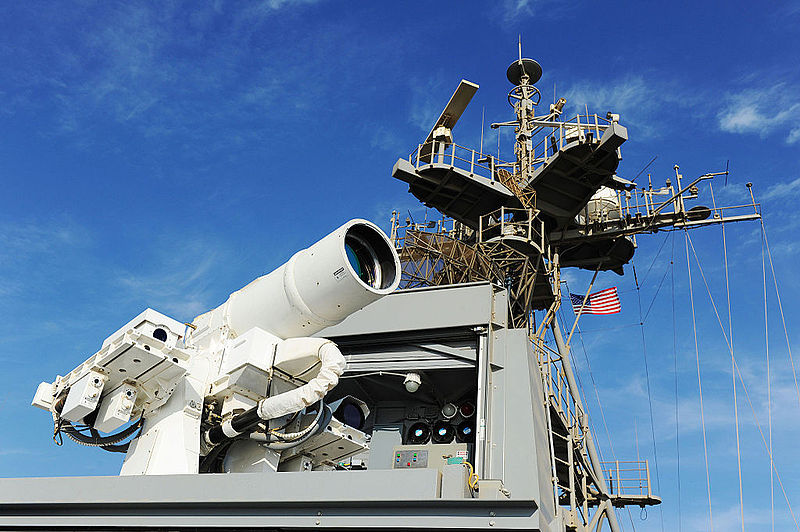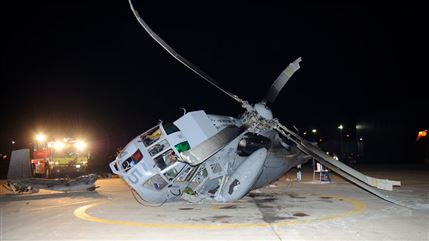Building on last week’s article, I would like to consider other potential insights Canada could gain from studying Australia’s defence procurement practices. In particular, what lessons could be learned from studying the relationship between defence procurement and Australia’s industrial policy. It is important to have a useful definition of the term industrial policy. Dan Ciuriak and John M. Curtis, former Federal Government economists, provided a valuable explanation in their June 2013 report for the Institute for Research on Public Policy (IRPP). Their report quoted the Oxford Dictionary of Economics as defining industrial policy as “official policies concerning the direction of economic activity to particular parts of the economy”.
One component of industrial policy is the creation of an environment that encourages economic development, including “providing infrastructure” and “creating incentives for investment and human capital development.” However, there is also another, more controversial aspect of industrial policy involving interventions…which direct resources to particular activities.” Among the industrial policy tools outlined in the IRPP report was targeted government procurement, particularly policies intended “to support particular industries, such as defence, which can provide assured markets for new technologies during development.” The report’s authors made the case that Canada has numerous industrial policies aimed at specific sectors of the economy, but lacks an industrial strategy to promote effective coordination.
In January 2014, the Canadian Defence and Foreign Affairs Institute published a policy paper comparing defence procurement in Canada and Australia. In “Prioritizing Defence Industry Capabilities,” author Craig Jones of the Canadian Forces College examined “Australia’s approach to establishing a defence industry policy with a set of Priority Industry Capabilities and how that policy connects with military procurement…” As the report’s introduction noted, Australia’s experience with defence procurement is relevant to Canada “because the nations are generally considered to be similar in size with respect to GDP, population and military”.
One thing Canada can gain from studying Australia is the importance of having an overarching vision for the nation’s defence industrial policy.
The recommendations Jones proposed covered a number of different issues, but there is one theme that demands specific attention. One thing Canada can gain from studying Australia is the importance of having an overarching vision for the nation’s defence industrial policy. According to the report, “since 2000 Australia has issued three industrial policy papers, four defence policy papers, and conducted two formal procurement reviews.” Jones argued that in contrast, Canada has not had the same thorough discussions about the future of its own defence industrial policy. To address this concern, Jones recommended that “Canada should develop a defence industrial policy that provides a clear articulation of what industries are important and must be resident in Canada in order to sustain” the Canadian Forces.
Jones also gave a note of caution in his report. He acknowledged that many of his recommendations would not necessarily have the support to be feasible. In particular, the report maintained that “politically there are very few benefits for the Canadian Government to action any of the recommendations because there is no perceived consequence for inaction.” Over the past several years, the Federal Government has been hit hard by problems relating to major defence procurement projects. It seems evident that the status quo is no longer acceptable, either on a political or policy level. It will be interesting to see whether the Government’s upcoming June 16 announcement goes in the direction Jones proposes. In my view, Canada could benefit from a greater discussion around the complex, sometimes controversial relationship between defence procurement and the Government’s industrial policy.
The February 2013 “Canada First: Leveraging Defence Procurement through Key Industrial Capabilities” report, authored by a panel of independent experts, was a step in the right direction. The next major question is whether the Government has the will to initiate the wide-ranging structural reforms recommended by the report. Canada’s defence industrial policy cannot be ignored once again after the headlines fade away. Continued discussion and scrutiny of this country’s defence industrial policy remain essential if Canada is truly serious about addressing defence procurement as a whole.




